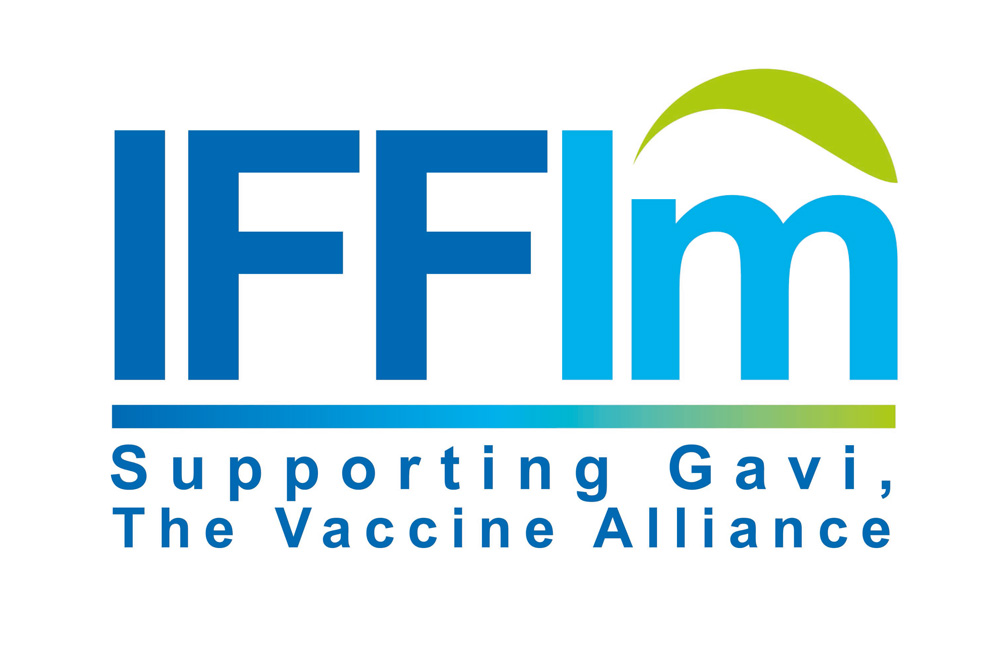
Funding immunisation
Funding immunisation
Vaccines are one of the most cost-effective investments in health and development in history.
For donors and investors, vaccines are also one of the best buys in health. Each US$ 1 of investment in immunisation will give a return of US$ 21, rising to US$ 54 when broader societal benefits are included.
Powerful Impact
Vaccines do far more than protect health; they also prevent loss of income due to health issues and promote productivity and economic growth.
- Education and nutrition
Immunised children are more likely to be well nourished, perform better at school and grow up to become productive adults. - Health and productivity
Children who are vaccinated are protected from many childhood diseases; they get less sick, less often. As a result, their parents and carers spend less time nursing them through sickness. This has direct benefits in terms of ability to work inside and outside the home. - Poverty
People who work more are able to contribute more to household incomes. Less time spent caring for sick children means as much as US$ 1 billion more available over a decade for families in low and middle income countries to spend or save. Vaccines administered from 2016-2030 will help prevent 24 million people in many of the world’s poorest countries from slipping into poverty. - Families and communities
As fewer people have to look after sick children and more are able to work, communities can do better economically, increasing spending and savings rates and contributing to greater national economic growth. Over the current decade, lower care costs for health systems and for families could save up to US$ 6 billion in treatment costs. - Gender equity
While girls and boys have equal access to vaccination globally, gender barriers face by their mothers or caregivers affect their chances of being immunised. A gender-focused approach to vaccination programmes will further ensure that men and women become active agents in their children's immunisation. - Climate
Immunisation mitigates the risk of outbreaks of diseases tied to climate change, such as yellow fever and cholera — especially in urban and post-disaster settings and makes communities more resilient to its effects.
IFFIm’s role: accelerating funding
IFFIm provides a smart solution to one of the main constraints facing immunisation efforts: a shortage of large-scale, long-term funding that is stable, predictable and coordinated. Extending immunisation coverage in the world requires long-term planning and funding for projects such as health worker training, and creating predictable markets for vaccines.
IFFIm’s frontloading development assistance invests the majority of money “up front” allowing both developing countries and vaccine manufacturers to plan for longer periods of time knowing the necessary resources will be available. This predictability increases efficiency, planning and results.
Immunisation provides a high return on investment
 IFFIm has delivered on its goal to frontload, providing US$ 6.2 billion to Gavi to support routine immunisation, strengthen health systems, and speed delivery of COVID-19 vaccines through COVAX.
IFFIm has delivered on its goal to frontload, providing US$ 6.2 billion to Gavi to support routine immunisation, strengthen health systems, and speed delivery of COVID-19 vaccines through COVAX.
US$ 6.2 billion
Restricted Access Library
 The material in this Restricted Access Library is intended to be accessed only by persons with residence within the territory of a Member State of the European Union and is not intended to be viewed by any other persons. The material in this Restricted Access Library is provided by IFFIm for information purposes only and the materials contained herein were accurate only as of their respective dates. Certain information in the materials contained herein is not intended to be, and is not, current. IFFIm accepts no obligation to update any material contained herein.
The material in this Restricted Access Library is intended to be accessed only by persons with residence within the territory of a Member State of the European Union and is not intended to be viewed by any other persons. The material in this Restricted Access Library is provided by IFFIm for information purposes only and the materials contained herein were accurate only as of their respective dates. Certain information in the materials contained herein is not intended to be, and is not, current. IFFIm accepts no obligation to update any material contained herein.
Persons with residence outside the territory of a Member State of the European Union who have access to or consult any materials posted in this Restricted Access Library should refrain from any action in respect of the securities referred to in such materials and are otherwise required to comply with all applicable laws and regulations in their country of residence.
By clicking Access restricted content: DYNAMIC-LINK-TEXT I confirm that I have read and understood the foregoing and agree that I will be bound by the restrictions and conditions set forth on this page.
The materials in this Restricted Access Library are for distribution only to persons who are not a "retail client" within the meaning of section 761G of the Corporations Act 2001 of Australia and are also sophisticated investors, professional investors or other investors in respect of whom disclosure is not required under Part 6D.2 of the Corporations Act 2001 of Australia and, in all cases, in such circumstances as may be permitted by applicable law in any jurisdiction in which an investor may be located.
The materials in this Restricted Access Library and any documents linked from it are not for access or distribution in any jurisdiction where such access or distribution would be illegal. All of the securities referred to in this Restricted Access Library and in the linked documents have been sold and delivered. The information contained herein and therein does not constitute an offer for sale in the United States or in any other country. The securities described herein and therein have not been, and will not be, registered under the U.S. Securities Act of 1933, as amended (the "Securities Act"), and may not be offered or sold in the United States except pursuant to an exemption from, or in a transaction not subject to, the registration requirements of the Securities Act and in compliance with any applicable state securities laws.
Each person accessing the Restricted Access Library confirms that they are a person who is entitled to do so under all applicable laws, regulations and directives in all applicable jurisdictions. Neither IFFIm nor any of their directors, employees, agents or advisers accepts any liability whatsoever for any loss (including, without limitation, any liability arising from any fault or negligence on the part of IFFIm or its respective directors, employees, agents or advisers) arising from access to Restricted Access Library by any person not entitled to do so.
